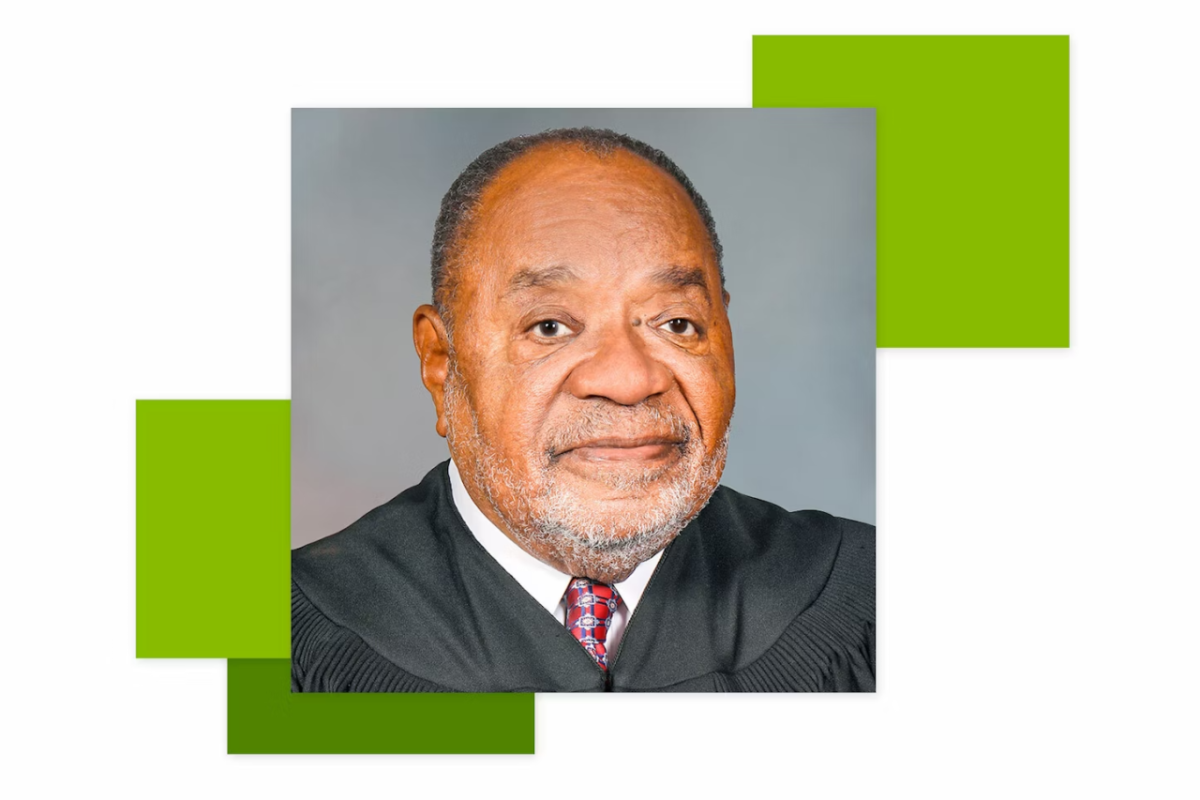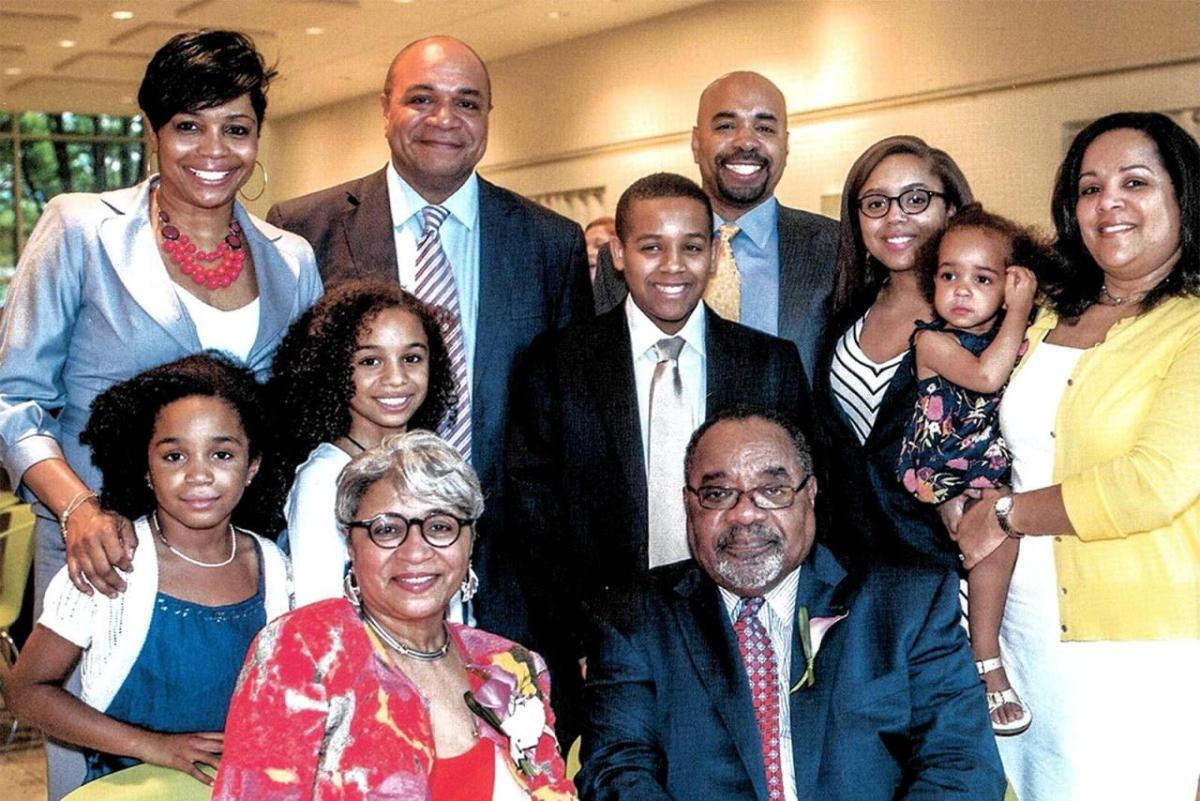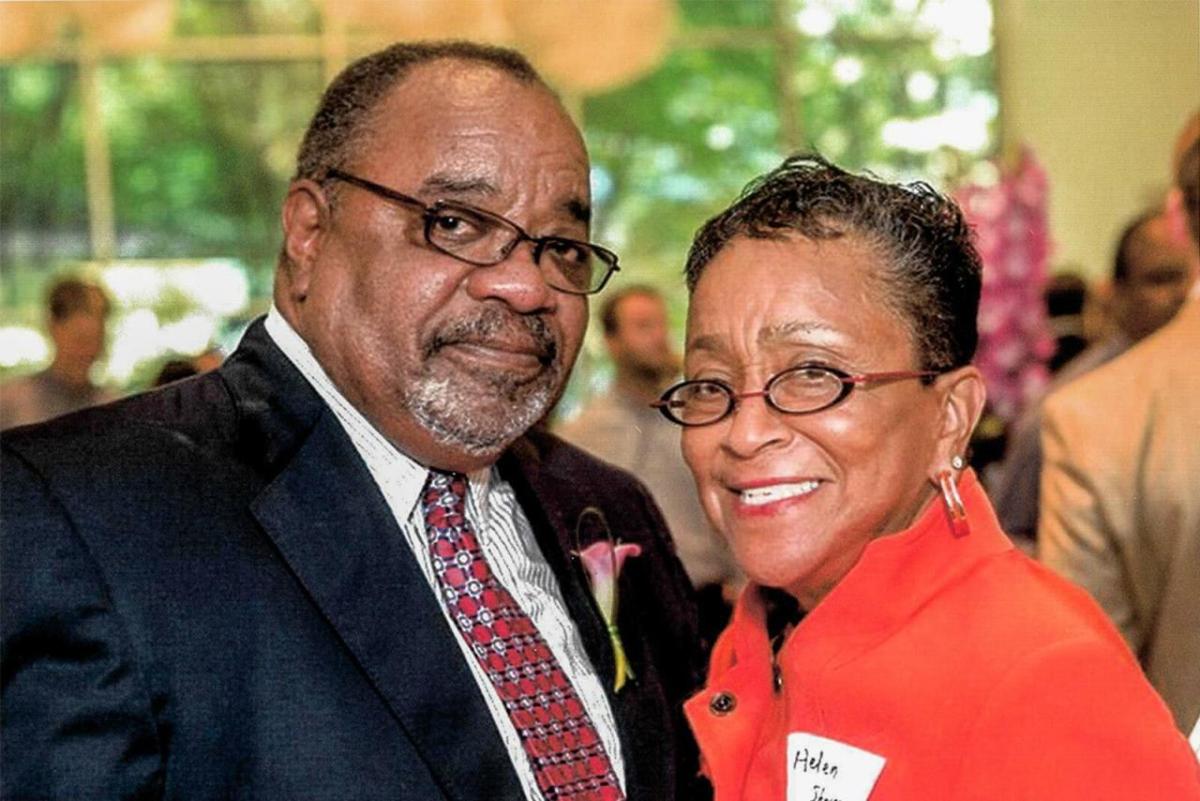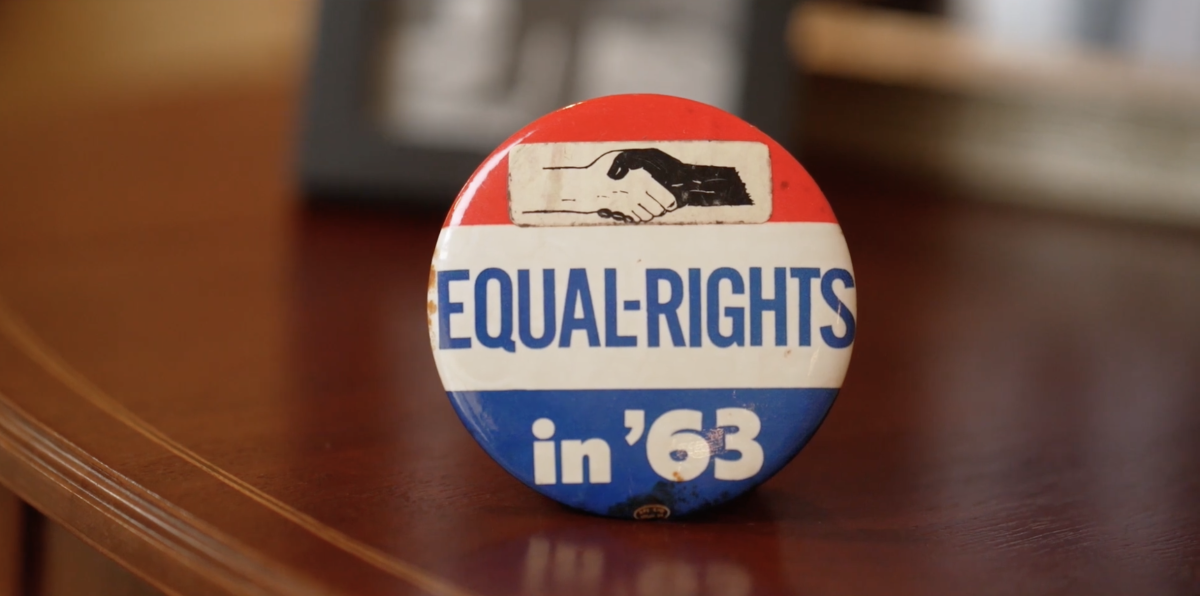Judge Houston Brown: ‘A Destiny Changer’
As part of Black History Month, Regions Bank honors local attorney, judge and community leader at its annual History in Motion celebration.
When J. Mason Davis Jr. first met Houston Brown, he noticed there was something special about the young law clerk. In the years since, Davis’ gut instinct proved dead on.
“A great judge, solid person, good citizen … and just a solid man,” said Davis, shareholder at Dentons Sirote and former History in Motion honoree, describing his former clerk, partner and friend.
And similar words were echoed by everyone who spoke of Judge Houston Brown at the recent Regions Bank History in Motion celebration in Birmingham, Alabama: a man with integrity, a role model and mentor, with an innate ability to work with all kinds of individuals and bring people together.
For the past 15 years, Regions Bank has concluded Black History Month with its History in Motion event, which celebrates past, present and future leaders and the contributions they’ve made to our communities and our nation.
"Never let anyone else tell your story." Judge Houston Brown
This year’s honoree has certainly led a remarkable life of leadership and commitment, which is even more extraordinary considering the challenges he faced early in life.
Brown grew up in Birmingham and remembers his early childhood fondly.
“It was a good time to be a child,” he says. “We had lots of love and attention at home, in the community and at church.” But he also remembered becoming aware of racial tension when he was around 11 years old. Segregation, enforced by Jim Crow laws, created difficult times in the city.
Brown recalled three events from his youth that changed the trajectory of his life.
The first was attending the 1963 March on Washington, where Brown said he became emotional as Martin Luther King, Jr. spoke. Immediately after witnessing that moving and inspiring speech, he came back to Alabama and the house across the street from where he lived with his parents, the home of civil rights attorney Arthur D. Shores, was bombed. Against the orders of local police on the scene he ran across the street, determined to get inside and check on his neighbors.
Two weeks later, four little girls were killed in the horrific bombing of the 16th Street Baptist Church in Birmingham. Two of the girls were very close family friends – “like extended family,” Brown said – and that violent tragedy made a huge impact on the young man.
“It was the most heinous example of hatred – pure hatred and evil – that has happened to me, personally, in my entire life,” he said.
Brown said that he knew right then he had to contribute something positive to his community. So, he decided to go into law.
He was the first Black student to be awarded the Juris Doctor degree from the Cumberland School of Law at Samford University in Birmingham.
“I didn’t set out to make a mark, I didn’t set out to be unique in any way,” he said. “But I set out, with whatever I did, to try to do the very best that I could.”
Brown practiced law for 27 years, forming firms Davis and Brown and then Brown, Chappel and Burrell. In 2000, he was appointed to Circuit Judge in the Tenth Judicial Circuit of Alabama, and 13 years later was elected as presiding Circuit Court Judge. He was the first Black judge to hold that position.
In those years of private practice and then on the bench, he earned a reputation for being a calming force, always balanced and fair, and a positive role model for young attorneys.
“He’s one to be a destiny changer,” said Barbara Shores, a lifelong friend of Brown and daughter of civil rights attorney Arthur D. Shores. “He’s made important decisions and worked on social justice issues. To see him from where he started, in the yard playing basketball, to being in the courts as a judge – we’re all very proud of him and the impact he’s had on the citizens of Birmingham and the state of Alabama.”
Along with his professional contributions, for which he holds numerous awards and recognitions, Brown has also dedicated much of his life in leadership positions with community and civic organizations. He noted that he is particularly proud of having been appointed to serve on the first Police-Community Relations Committee for the City of Birmingham, serving as a presenter for the first seminar in 1968.
Brown was a founding member of both the Alabama Lawyers Association and the Magic City Bar Association and was inducted in the Hall of Fame for both organizations.
As he reflected on the events he’s witnessed and the experiences of his life and career, he reiterated his personal philosophy of promoting understanding with honest conversation. Brown stressed the importance of keeping lessons learned in mind today, to avoid repeating our tragic history.
“We’ve got to talk to each other, and talk historically, truthfully, about what happened,” he said. “And never let anyone else tell your story.”






